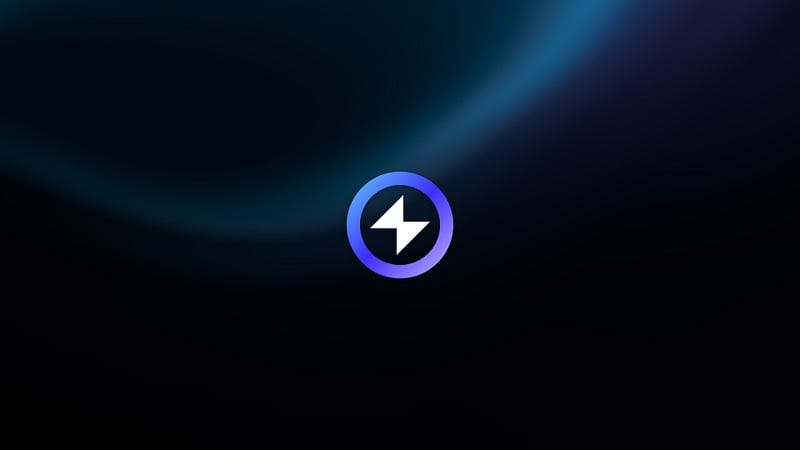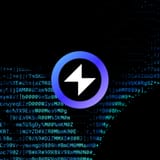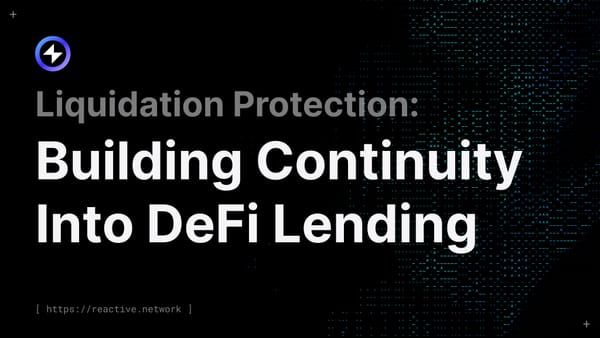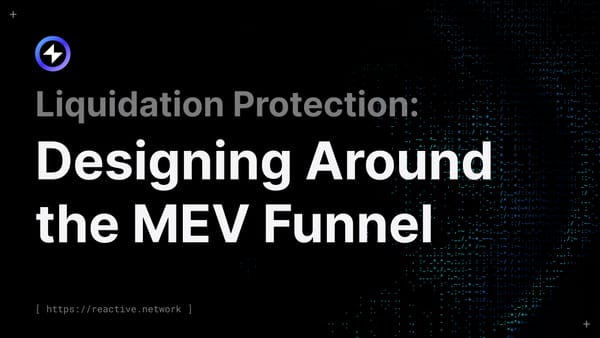Reactive Network Enables Automation in DAOs
Trigger DAO smart contract updates automatically after governance voting has completed.

Summary
- Blockchain technologies have allowed for the rise Decentralized Autonomous Organizations (DAOs) as a non-centralized way of governing an entity/organization.
- To make updates, DAO members often propose changes, which are then voted upon by the community. Changes which obtain a majority vote are then implemented.
- While many DAOs implement changes automatically, some DAOs do so manually, or implement a hybrid approach, especially when funds are required to be transferred.
- Reactive Network introduces new underlying functionality that can help DAOs to go from manual/hybrid approaches to full automation in implementing governance voting results.
DAOs in the Web3 World
While the concept of DAOs existed before the advent of blockchain, the idea only became truly feasible with the introduction of the Web3 world. The key components that make DAOs possible — consensus mechanisms, trustless environments, and smart contracts, all rely heavily on blockchain technology.
Applied in the real world, this has introduced a powerful mechanism in which a group of individuals can fully govern an entity in a fair and non-centralized way.
The Problem
Like humans and groups of individuals, DAOs also grow and evolve over time — developing new ideas and also reacting to the macro environments around them. These evolutions (and reactions) require the DAO to properly respond — by making changes to the way it operates or to the way it spends funds in its Treasury, amongst other areas.
While some DAOs may be set up with more automation in the beginning, others may continue to rely on a small group of individuals who help to implement the results of governance voting in the real world. In these cases, this creates a situation where on the surface, the process looks fully decentralized, but peel back a layer and one quickly sees that there is some centralized reliance on a small group of people to implement the results of a governance vote.
This manual intervention becomes more likely especially when financial matters are at play. For example, governance votes may take place for DAO members to decide:
- Whether to support a new project with funding
- Donating to charitable causes which are aligned with the mission of the DAO
- Buying back and/or burning tokens
- Paying for external services (e.g. advertising, contractors, freelancers)
- Profit sharing/dividends to its own members
In these cases, after governance voting has concluded and the above scenarios have been approved by the community, designated DAO members may need to access the Treasury to initiate the movement of relevant funds (or the taking of relevant actions). Ultimately, this is less automated and less autonomous than desired in a DAO model.
The Solution
But what if it didn’t have to be like this? PARSIQ’s Reactive Network can help fully automate the way that DAO voting results get implemented — especially from a financial component.
The Reactive Network allows for one contract to subscribe to the events of a governance vote (each of which represents a topic which the community needs to decide on). Because the Network listens for events, the passing of any governance vote will trigger the execution of the smart contract, which will then emit an event for the Reactive Network to pick up on. A secondary smart contract (a Reactive Smart Contract (RSC)), can then execute the approved proposal of the initial smart contract.
Imagine a scenario where governance voting needs to take place for two topics — both requiring the release of funds to support a new project. Project A gets the majority vote while Project B fails. Upon the approval of Project A, the associated smart contract will fire — informing the Reactive Network that this contract has executed. On the other side, the Reactive Smart Contract tied to the DAO’s treasury will pick up the emission, and release funds accordingly to Project A’s wallet.
Such an arrangement can help simplify governance voting smart contract setup, and can also automate the release of funds process — ensuring that there is no singular reliance on an individual or group of individuals to execute the movement of funds.
Conclusion
DAOs are an innovative way for societies to approach the governance of an organization/entity in a decentralized manner. While the concept generally works, there are still potentially aspects of its governance that relies on the work of a trusted few of individuals to ultimately execute on the wishes of a DAO community.
Using PARSIQ’s Reactive Network, this reliance can be minimized and/or fully reduced. By leveraging the reactive capabilities of the network, DAO members can know that once a governance vote has taken place, the results will be broadcasted directly to a RSC, which will take the appropriate actions on their behalf.





